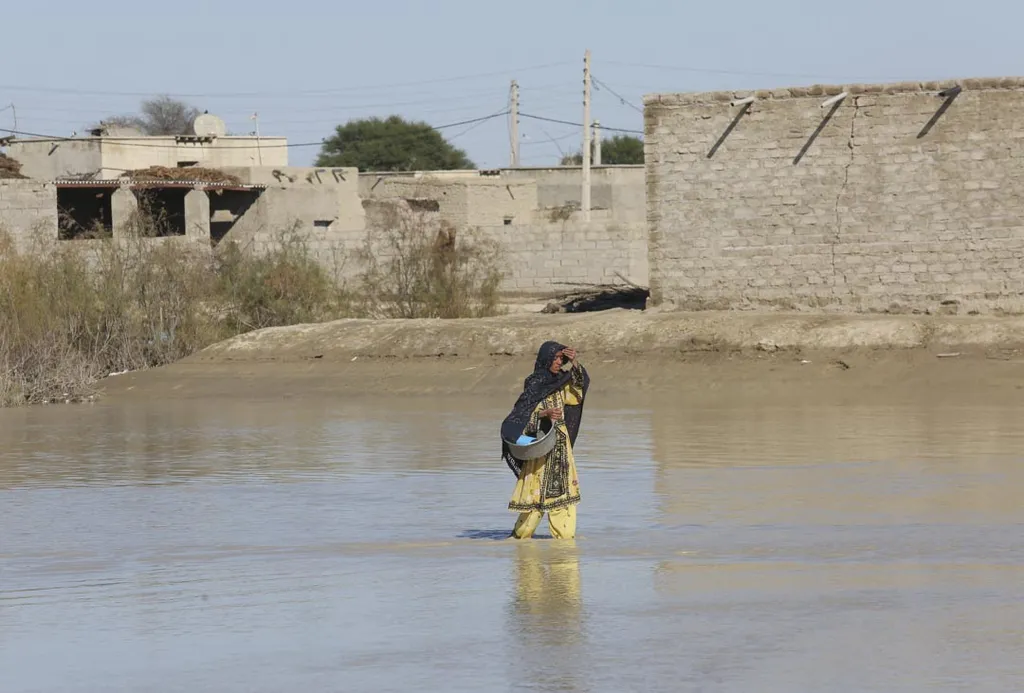In the arid expanses of Baluchestan, a water crisis brews, one that demands urgent attention and innovative solutions. Hamideh Chelvarforoush, a PhD student of Archaeology at the Science and Research Branch of Islamic Azad University in Tehran, has delved into the heart of this crisis, uncovering critical insights that could reshape water governance and management in the region.
Chelvarforoush’s research, published in the journal ‘آب و فاضلاب’ (translated to English as ‘Water and Wastewater’), adopts a comparative-critical approach to examine water governance in Baluchestan. She scrutinizes two pivotal legislative periods: the Law on Water and Its Nationalization (1968) and the Fair Distribution of Water Act (1982), and their continuation in recent decades. Her findings paint a stark picture of regression in water rights post-1982, attributed to mismanagement, legal shortcomings, and a failure to implement existing regulations.
The crisis is compounded by fragmented land ownership and a neglect of water balance in the region. “The water crisis in Baluchestan is not just a natural phenomenon; it’s a man-made disaster,” Chelvarforoush asserts. She points to the urgent need for reform in water governance, consolidation of fragmented land holdings, and the implementation of participatory management models.
The commercial impacts of this research are profound, particularly for the energy sector. Water is a critical input for energy production, and its scarcity can lead to increased costs, operational inefficiencies, and even project cancellations. Chelvarforoush’s research underscores the need for sustainable water management practices that balance water input and output, enhancing the region’s water balance and ensuring a stable supply for energy production.
Moreover, the research advocates for the use of modern methods such as crop pattern adjustment, underground irrigation, and smart watershed management. These methods not only promote sustainable water use but also have the potential to create new commercial opportunities in the agritech and water technology sectors.
Chelvarforoush’s work also highlights the importance of stakeholder participation in water management. She argues that involving local communities, farmers, and other stakeholders in decision-making processes can lead to more effective and sustainable water management practices. This participatory approach can also help to build local capacity and foster a sense of ownership and responsibility towards water resources.
The research offers historically-informed solutions to overcome the water crisis in Baluchestan. It calls for legal reforms, improved consumption patterns, and the use of modern methods to promote sustainable water management. These solutions, if implemented, could not only alleviate the water crisis but also pave the way for a more sustainable and prosperous future for Baluchestan.
As the world grapples with the impacts of climate change, Chelvarforoush’s research serves as a timely reminder of the urgent need for sustainable water management. Her work offers valuable insights and practical solutions that could shape future developments in the field, not just in Baluchestan, but globally.

